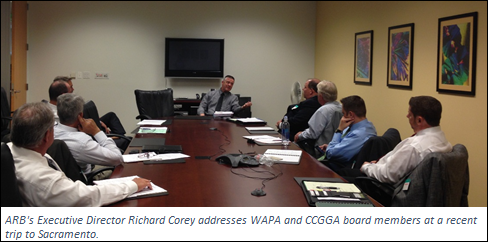The Association has recently received information on the cotton acreage in California including the breakdown between upland and pima. Preliminary acreages as determined by the California Department of Food and Agriculture’s Pink Bollworm Program are 54,440 acres of upland and 153,325 acres of pima, for a total of 207,765 acres. This does not include the cotton acreage for the Sacramento Valley, which will be all upland and is estimated to be between 2,000 and 3,000 acres. The breakdown in the San Joaquin Valley is as follows:
|
County |
Upland Acres |
Pima Acres |
|
Fresno |
7,465 |
40,140 |
|
Kern |
4,230 |
30,205 |
|
Kings |
4,135 |
60,510 |
|
Madera |
715 |
30 |
|
Merced |
19,770 |
16,290 |
|
Tulare |
8,080 |
5,940 |
|
TOTALS = |
44,395 |
153,115 |
In Southern California, the breakdown is as follows:
|
County |
Upland Acres |
Pima Acres |
|
Imperial |
2,485 |
210 |
|
Riverside |
7,445 |
0 |
|
San Bernardino |
115 |
0 |
|
TOTALS = |
10,045 |
210 |
Please be advised that the acres listed are based on Pink Bollworm Program field mapping techniques are intended for use on PBW Program detection and control activities and are not assumed to represent exact cotton acreage planted in California.



